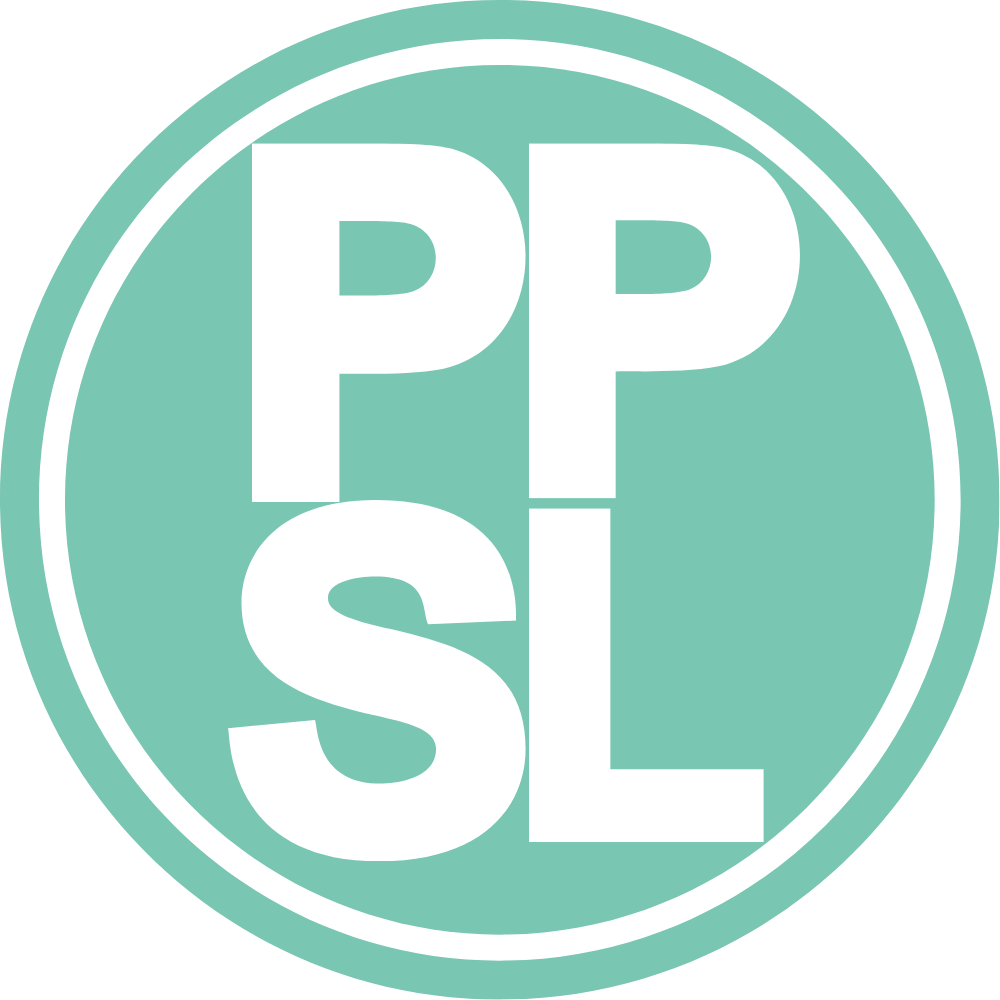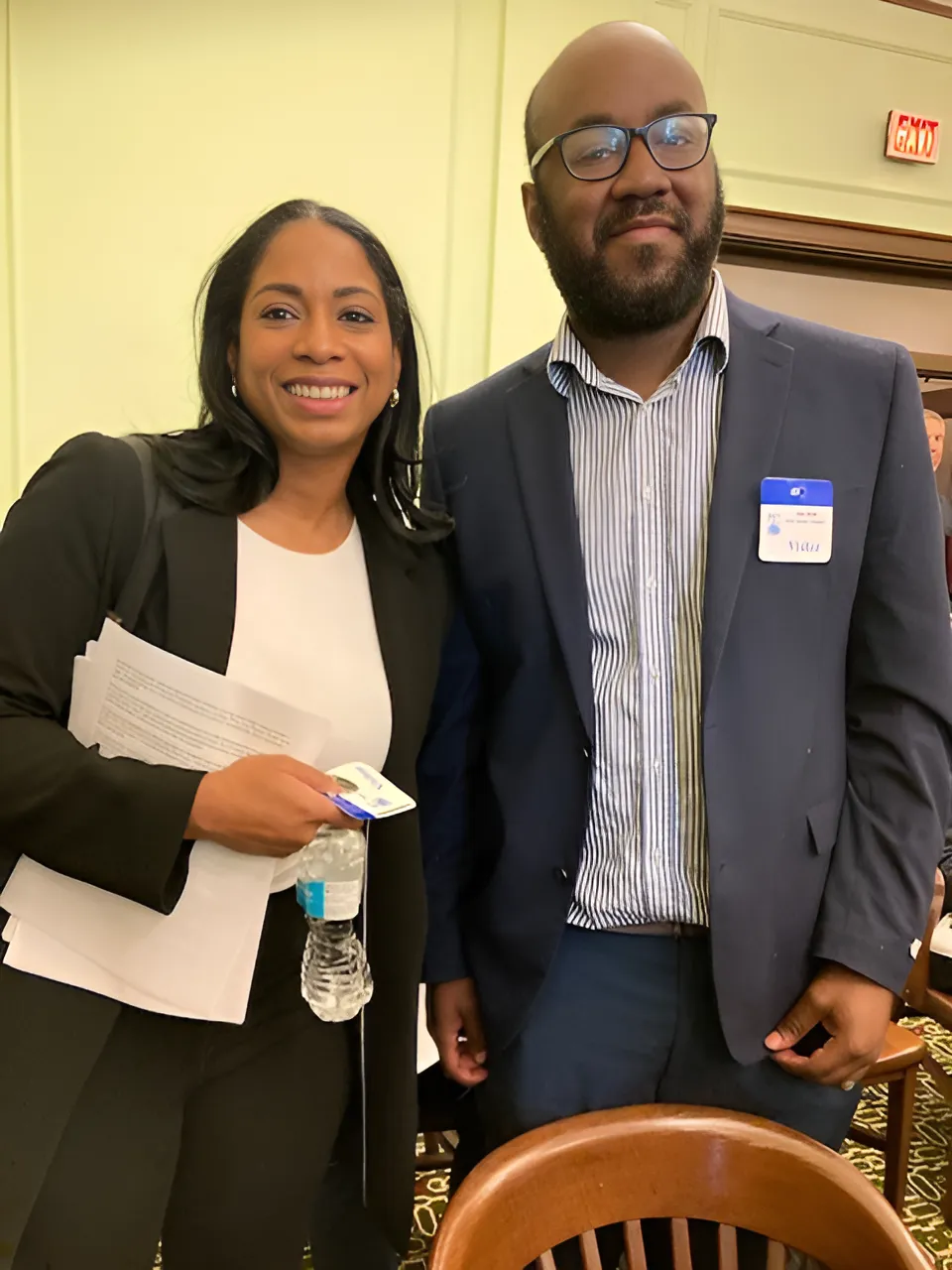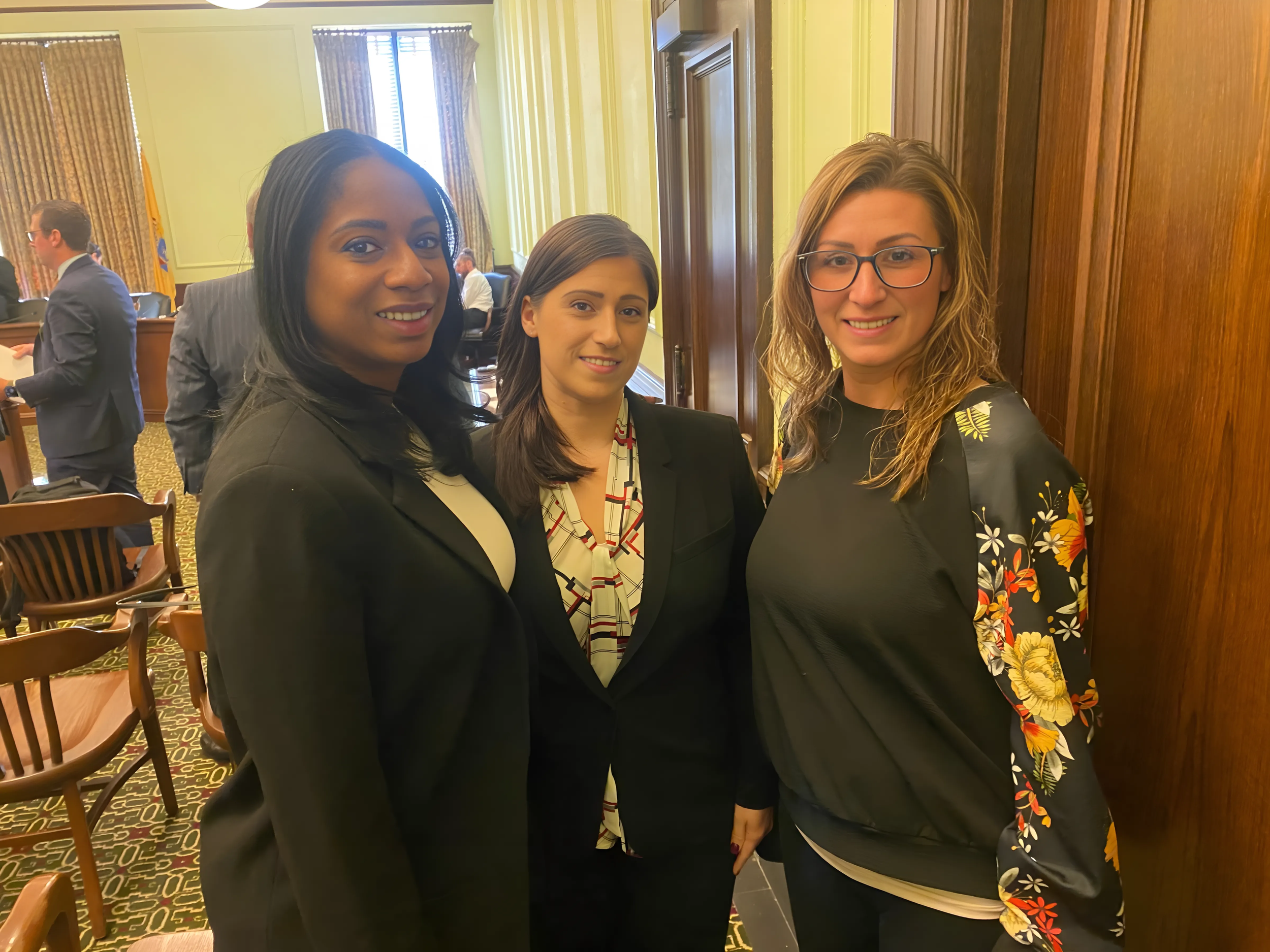Calling for For-Profit College Accountability at NJ Senate Higher Education Hearing
At a New Jersey Senate Higher Education Committee hearing recently, student loan borrowers testified alongside the Project on Predatory Student Lending (PPSL), calling for stronger oversight and transparency around proprietary institutions of higher education. The hearing focused on pending legislation that, if passed, would phase out state tuition grants for students attending proprietary institutions, redirecting those funds to a summer tuition aid grant program instead. It would also require for-profit colleges to spend at least 70% of their tuition revenue on education and instruction, and establish a process to monitor proprietary institutions that convert to nonprofit corporations.
The Call for Change
Many of these for-profit schools profit off student aid and loan dollars while offering little in return for students. They often target low-income and students of color with their schemes and have been criticized for misleading recruitment practices, false promises, and leaving students burdened with crushing debt and no job prospects.
Ashley Harrington, PPSL’s Senior Director of Policy and Advocacy, emphasized the key role of states in ensuring accountability for the sector. “By determining who can operate in their state, equitably allocating higher education grant aid and funding, and creating strong transparency and accountability standards that are rigorously enforced, states can do their part to protect their citizens,” she said. Harrington also emphasized the profound impact these schools have on students who have been historically denied access to quality higher education opportunities. She pointed out the stark racial and economic disparities, highlighting that while Black and Latino students make up less than one-third of all college attendees, they represent nearly half of those enrolled in for-profit schools.
By the Numbers
For-profit colleges enroll only 10% of students, yet they account for 50% of all student loan defaults.
In New Jersey alone, these schools overwhelmingly enroll low-income (60.7%) and Black (31.5%) students—figures significantly higher than those of nonprofit institutions. Many of these students are also women, with nearly 67% of for-profit college students in New Jersey being female.
What’s worse, many of these institutions fail to deliver on their promises. Under the 2023 gainful employment rule under the Higher Education Act, it is estimated that 30 programs in New Jersey would fail to provide graduates with higher earnings than employed high school graduates. All but one of these programs were from for-profit schools.
Borrowers Speak Out
During the hearing, two PPSL clients shared their personal stories, shedding light on the devastating effects of predatory, for-profit colleges. Vanessa Harrison, a New Jersey resident, recounted her experience with the Art Institutes. She was recruited through a fake drawing contest at the age of 16, a tactic she now recognizes as predatory. Years later, she’s still struggling with the consequences. “They maxed out my course schedule, strongly discouraged scaling back, and when I couldn’t pay, they withheld my transcripts,” Harrison said. Her credits wouldn’t transfer to other schools, leaving her with nothing to show for her time at the Art Institutes.
Brittany Bell, a single mother from South Plainfield, New Jersey, also testified. She had dreamed of a nursing degree and hoped to complete a medical assisting certificate at Sanford Brown Institute – but was misled about the program’s accreditation and job placement promises. “When you go into higher education, you trust that advisors have students’ best interests at heart. I didn’t know they only looked at us as numbers,” Bell said. “It’s been 15 years since I attended SBI, and I still haven’t recovered.”
Looking Forward
Both Harrison and Bell are part of the Sweet v. Cardona class action lawsuit, which through a settlement canceled more than $6 billion in federal student loans for hundreds of thousands of borrowers, including over 11,700 people in New Jersey. While the litigation delivered long awaited justice and financial relief, Brittany and Vanessa expressed the need for policy reform in order to prevent future generations of students from falling into the same trap.
"I’m so glad that New Jersey is taking a closer look at these predatory issues, which are still pervasive throughout higher education,” Harrison testified. “We’re told to trust our futures to higher education, but instead too many institutions, like SBI, use our life story against us and victimize us for profit."
"I’m here because I want future generations to have better options for their futures, and to not be victimized for seeking higher education and economic opportunity," Bell shared.
The proposed legislation in New Jersey aims to create a more transparent higher education landscape and prevent proprietary institutions from treating borrowers as profit centers. By increasing oversight, redirecting funding, and ensuring these schools spend on education, lawmakers can close the door on the predatory practices that have robbed so many of the promise of higher education.
Read more about the Sweet v. Cardona here, Borrower Defense here, and learn more about the hearing in a New Jersey Spotlight News segment here.



